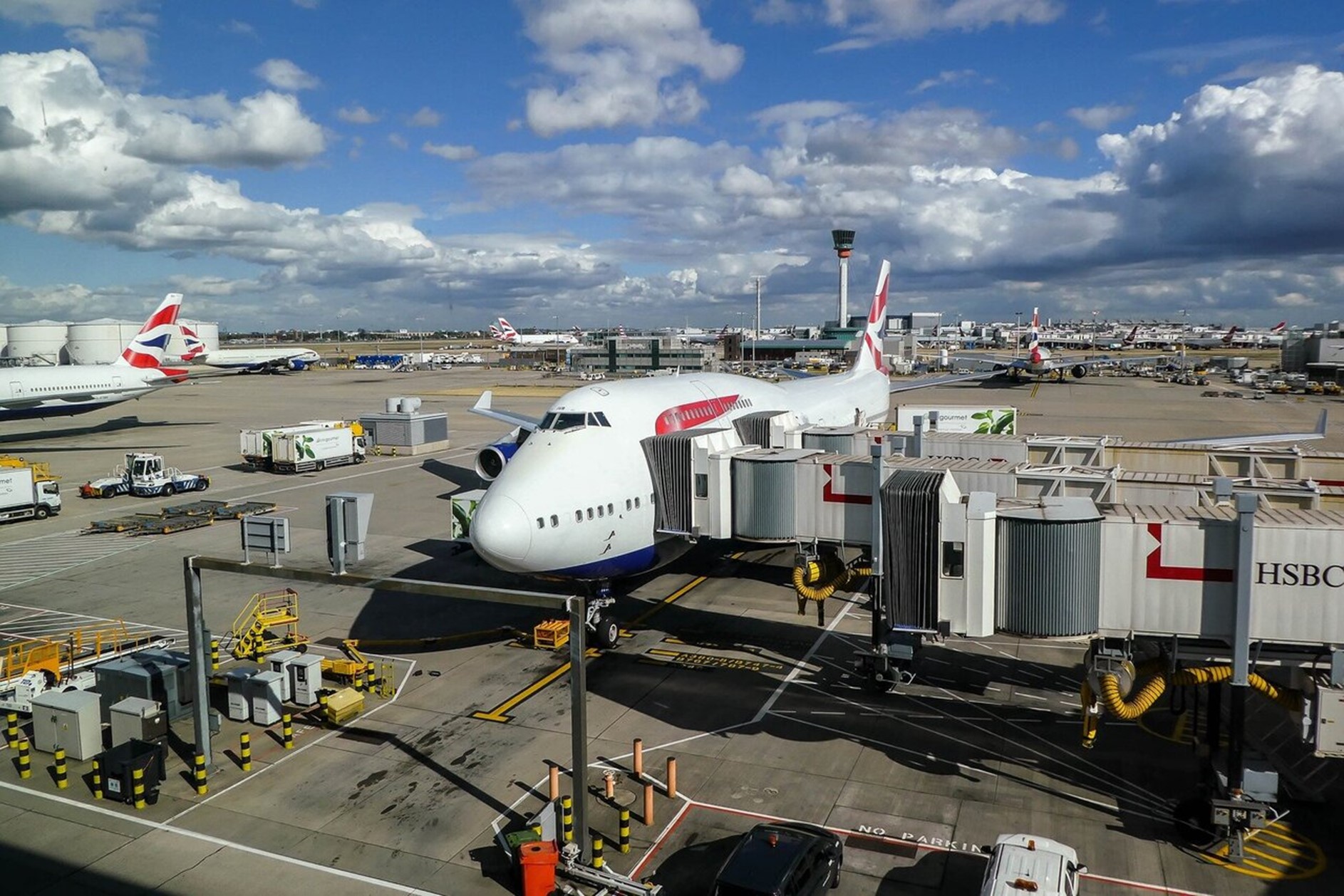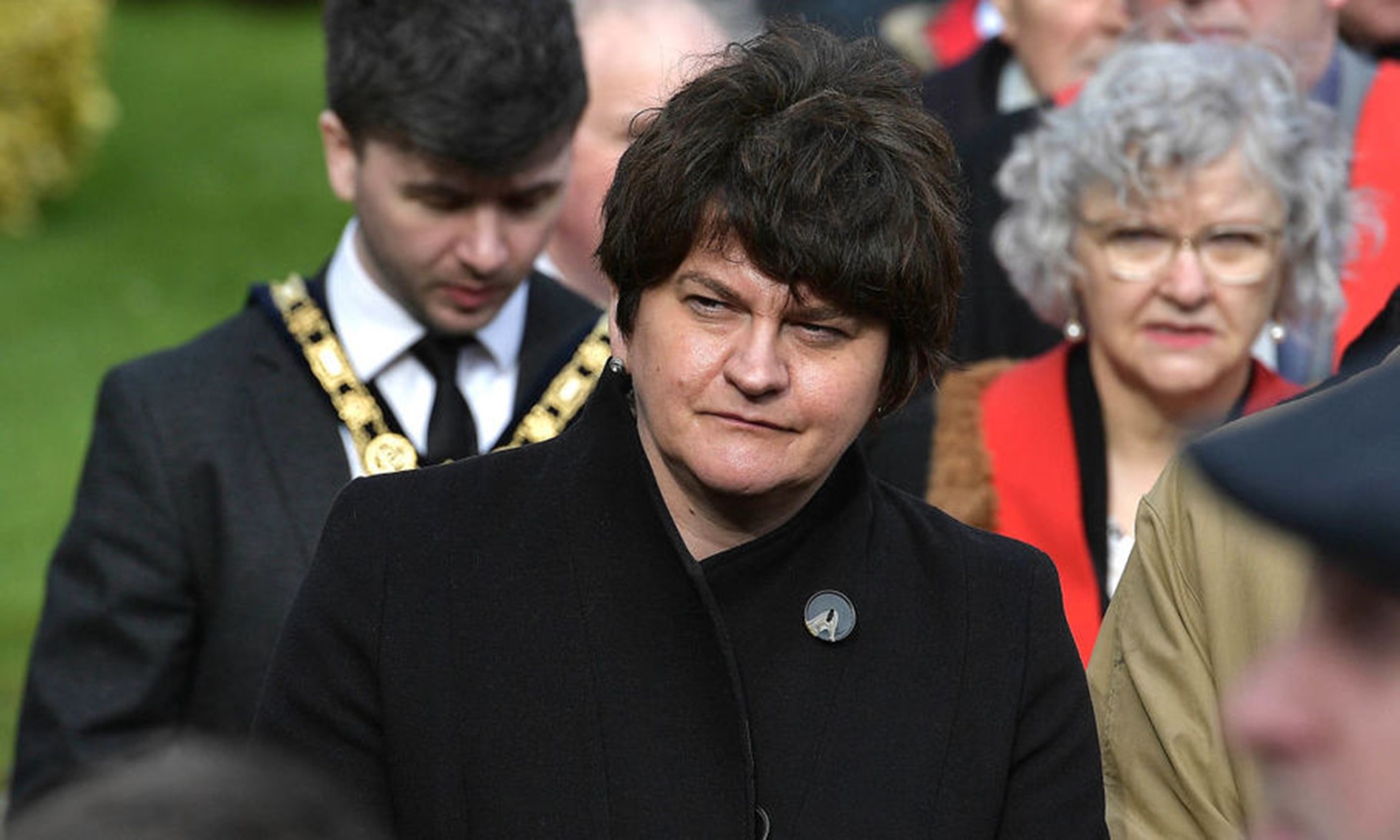For 2020, IATA, the International Air Transport Association, estimate $419bn industry revenue losses, $84.3bn operating losses and a 66% overall reduction in revenue per passenger kilometre on account of COVID-19-induced restrictions. These are unprecedented numbers and highlight an industry on the brink. In spite of co-ordinated and sustained lobbying by the sector, government responses globally have, thus far, been limited to furlough support schemes, direct intervention through subsidy and temporary crisis loans, admittedly at eye-watering scale. Here, in conjunction with aviation industry specialist, John Strickland, we interview and examine how policy needs to shift to something more constructive and recovery-focused if airline travel is to survive.




